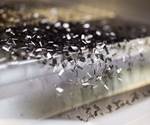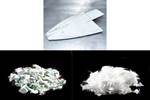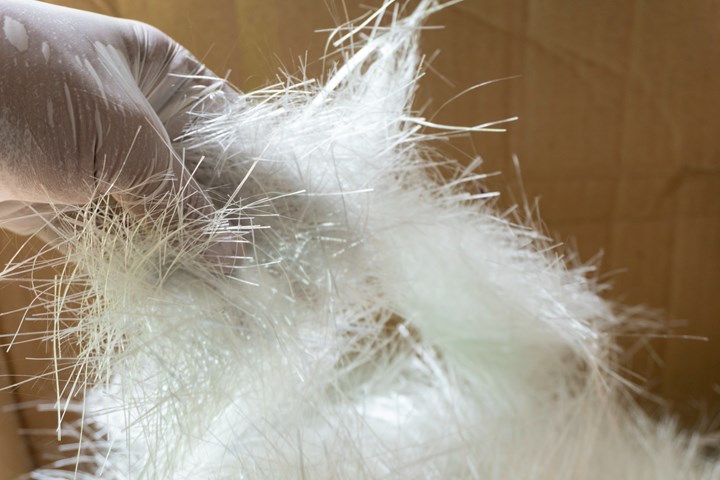TPI Composites, UT advance recycled glass fiber yarn development
In Phase II, industrial textile manufacturing methods and equipment will be used to scale the process and optimize the properties of the recycled yarn, leading to eventual commercialization.
TPI Composites Inc. (TPI, Scottsdale, Ariz., U.S.) announced on Sept. 13 that it has moved to the second phase of development with the University of Tennessee Knoxville (UT) in the creation of glass fiber yarns from end-of-life (EOL) wind blades. The completion of the second phase will create new opportunities for materials reclaimed from decommissioned blades.
Recycled materials can enable high-value intermediate forms of glass fiber and create a viable market that is environmentally and economically sustainable. The current challenge of recycled glass fiber, however, is that applications for randomly oriented discontinuous fiber are generally limited to non-structural components or thermal insulation where the value is significantly lower than the cost of recovery.
“Phase I focused on using simple hand-operated textile methods; after multiple trials with varying fiber length, twist rate and mechanical testing we learned the importance of hybridization with synthetic polymer fiber,” Steve Nolet, TPI’s senior director of innovation and technology, says.
In Phase II, the UT team will use industrial textile manufacturing methods and equipment to scale the process and focus on ideal filament length, ratio of glass to synthetic fiber and other process variables that optimize the properties of the recycled yarn. With additional scaling of prototype yarns, downstream processing including conversion to woven and nonwoven broad goods or filament-wound plates will be accomplished. These materials will then be processed with commercial resins to formulate composite plates for mechanical testing. Generating material properties of different composite configurations will identify applications appropriate for the recovered materials.
“The project plays a major role at the UT Fibers and Composites Manufacturing Facility, with the collaboration on composites recycling being an area of global importance,” says Dr. Uday Vaidya, UT-ORNL governor’s chair professor and CTO for IACMI – The Composites Institute (Knoxville). “This project is a unique opportunity for UT graduate and undergraduate students to explore the science and engineering aspects of value-added recycled glass fibers for next-generation sustainable solutions.”
Related Content
-
The potential for thermoplastic composite nacelles
Collins Aerospace draws on global team, decades of experience to demonstrate large, curved AFP and welded structures for the next generation of aircraft.
-
Sulapac introduces Sulapac Flow 1.7 to replace PLA, ABS and PP in FDM, FGF
Available as filament and granules for extrusion, new wood composite matches properties yet is compostable, eliminates microplastics and reduces carbon footprint.
-
Bio-based acrylonitrile for carbon fiber manufacture
The quest for a sustainable source of acrylonitrile for carbon fiber manufacture has made the leap from the lab to the market.
















